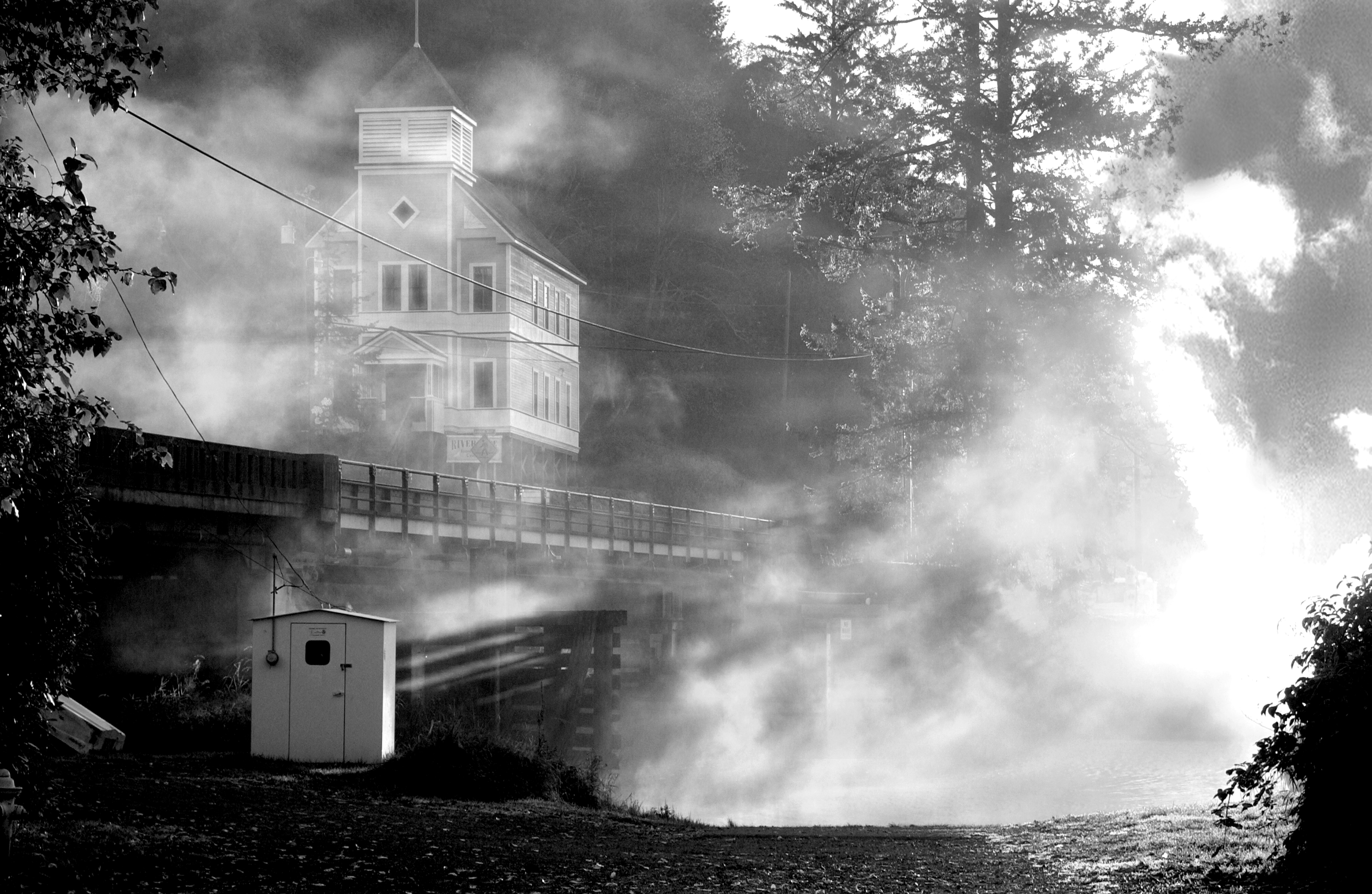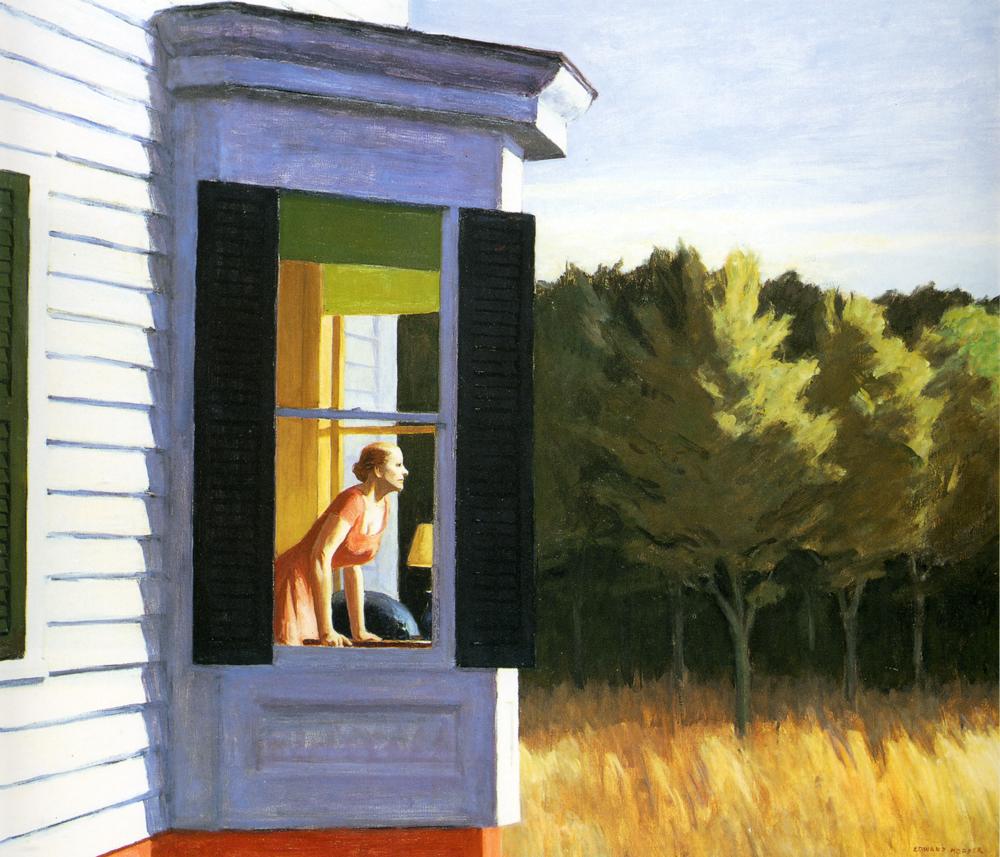Creative Writing Class/Photography Class Exchange: A New Source of Inspiration
by Jim Deatherage
During my 42 years of teaching secondary English, 36 years at Richland High School, one of the most rewarding activities resulted when I paired my Creative Writing class with the Photography teacher’s class. Students and teachers alike grew from the experience.
When I first approached the Photography teacher with my idea of collaboration, he was at first reticent, but quickly warmed to the idea. It was simple. I had a three-phase plan for our students. Phase one: his photography students would take a picture of their choosing and my Creative Writing class would write a poem that captured for them the photo’s point or essence. Phase two: my writers would write a poem and have the photography students take a picture that resulted from their reading and analysis of the poem. Phase three: Students who had not had the option of connecting with the other paired student prior to the group presentation were encouraged to work together…jointly choosing a topic for a poem and/or an idea for a photo. After each of these phases/exercises, our classes would meet together in the library and a picture would be projected on the screen after the poem was read or vice versa. In both cases, both writer and photographer would then have an opportunity to share their ‘creative/artistic’ intent and react to the other’s interpretation.
The time frame for these was basically seven to ten school days, during which students also worked on other class projects. Specific due dates helped keep students working. Poems had to be written, edited, and polished and the photos had to be taken and printed. The photography teacher had all photos on a disc for viewing during the presentations.
Each presentation was brief…maybe five to seven minutes in length. The picture was shown, the poem read or reversed. After this there was a time for sharing by the artists. Students were keenly interested in how their work was interpreted and were equally anxious to share their original intent.
Basics:
- No contact between writer and photographer until after their presentations.
- Students are paired randomly by lottery/drawing.
- Specific instructions are given and due dates firmly established…this aided both teachers in motivating their students to complete the work and to take more pride in their work as it would be shared with all the students involved in the project.
- This provided a unique and much desired expansion of real audience for both groups of students. Hard copies of the photos and copies of the poems were paired for display in the library and several hallways, enabling other students to see the work done by their peers. Again, another ‘reason to do well.’ (So well in fact, that several photos and poems were stolen.)
- The teachers modeled the process in advance. The example below is the result of Phase one, where the Creative Writing teacher received a picture and wrote a poem. We were bound by the same rules as the students. This proved very powerful as the teachers were able to share their own frustrations in completing their part of the project to their satisfaction. I often shared my struggles with my class, soliciting student opinions on the many subtleties of writing my poem. Likewise, the Photography teacher experienced a unique sharing with his class regarding the varied aspects of photography. This sharing creating a equaling of sorts that encouraged student growth in both classes.
- These high school students were mostly seniors, although a few juniors were also involved. We did the project with the classes we had during the same period of the day.
- A really special aspect that resulted from the project for writers was their increased intensity in peer editing. The photography students actively pursued their teacher’s expertise regarding advanced techniques to compose the ‘perfect’ picture.
- Other students working in the library quickly surrounded the two classes and quietly listened to the presentations.
- Other teachers/librarians/counselors and principals were invited to attend the presentations.
- Students were given a simple form to fill out after each presentation, providing them the opportunity to critique the process and the individual presentations. This feedback was at first somewhat intimidating, however, by the second phase of the project, the students requested the forms and provided some very valuable insights and advice to improve the process all the way around.
Richland High School, 2010 (and other years)
Jim Deatherage, Creative Writing teacher
Shawn Murphy, Photography teacher
Coastal Logging Town, 1998
by Jim Deatherage
This morning’s mysterious
shafts of light slice
deep wounds,
baring those years before
the bustling town went bust.
You can imagine them, before it all went bad,
this building teeming with children’s voices,
hymns and hallelujahs,
the bell’s sweet salutation.
Look at the looming remnant of trees;
they leaned hard, heard it all,
and shook their bristled heads.
Who knew what that could mean?
Or consider the ocean just beyond,
its tide indifferent
to their loss of hope.
You know the fog’s response,
rising and falling,
blanketing their sufferings.
I like to think they were all like us,
had dreams,
could see clearly through that fog,
imagined lives enriched, fulfilled.
When it happened,
some blamed God,
shook their gnarled fists at the sky.
Others slowly succumbed,
bereft, empty as the church.
Then they were gone.
Photo by Shawn Murphy



